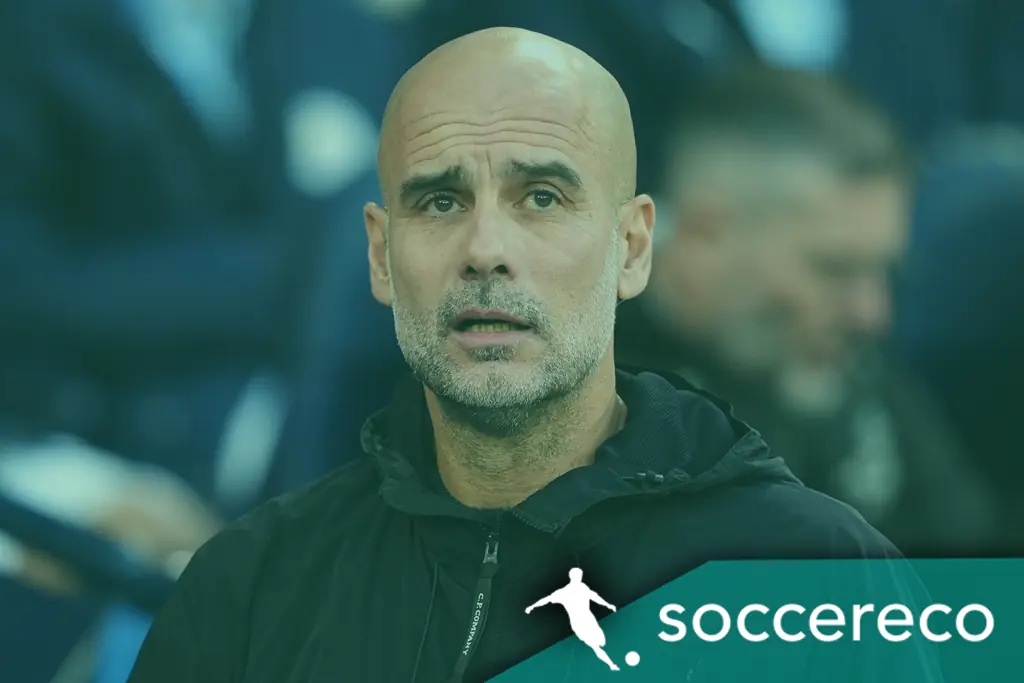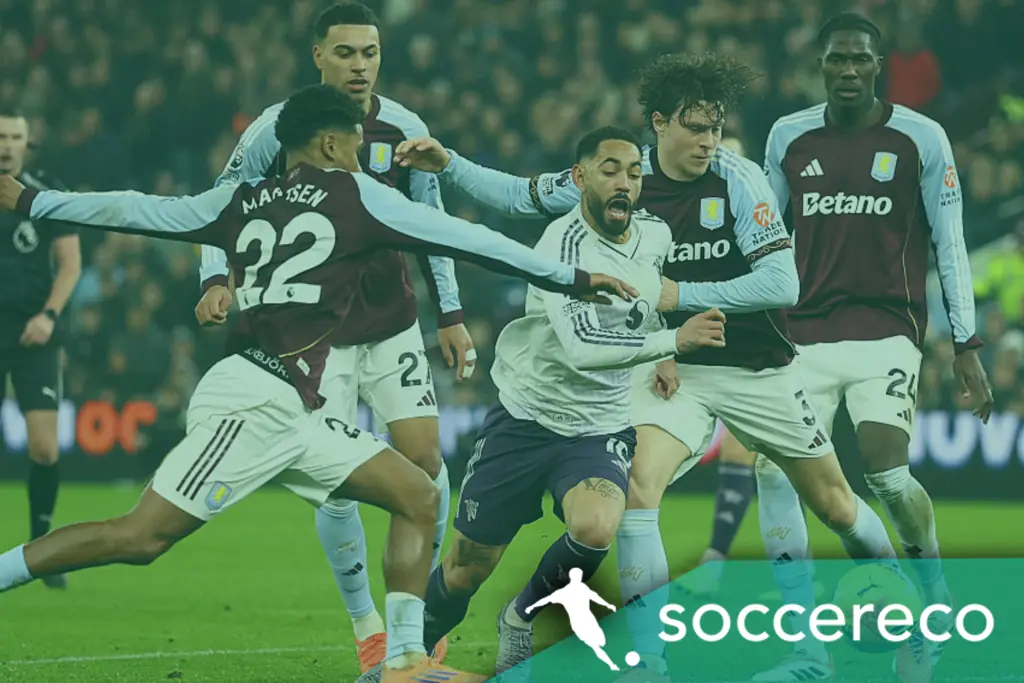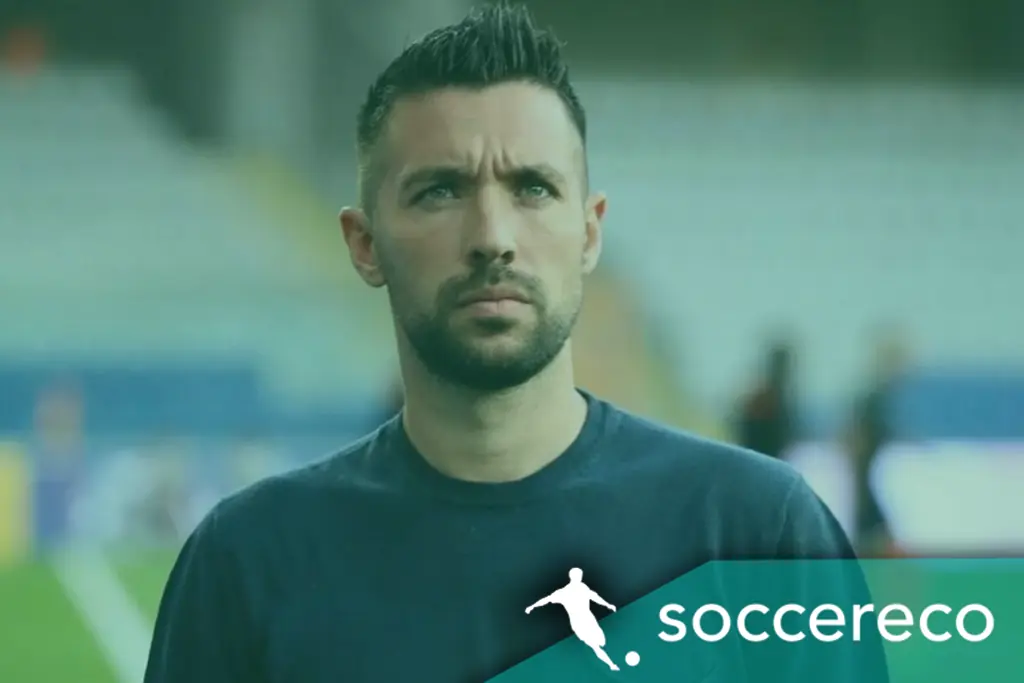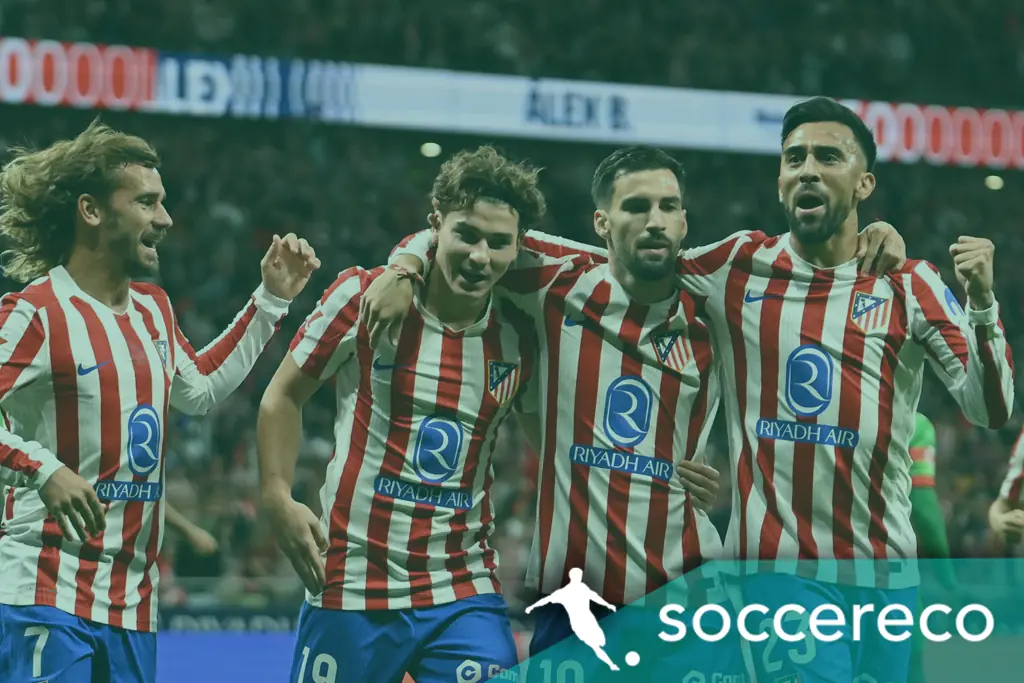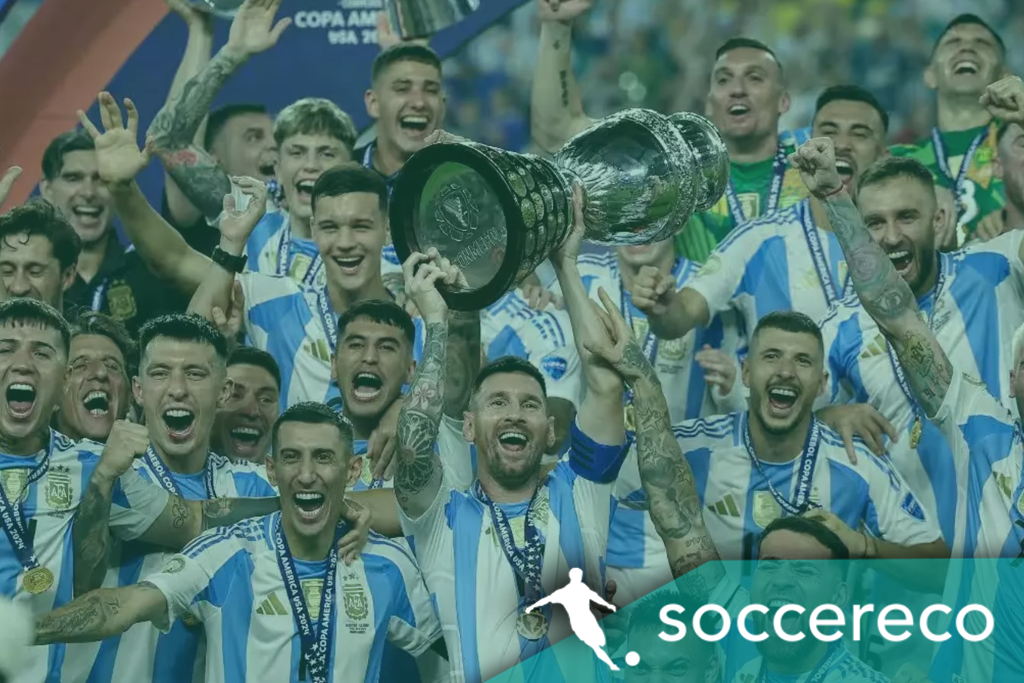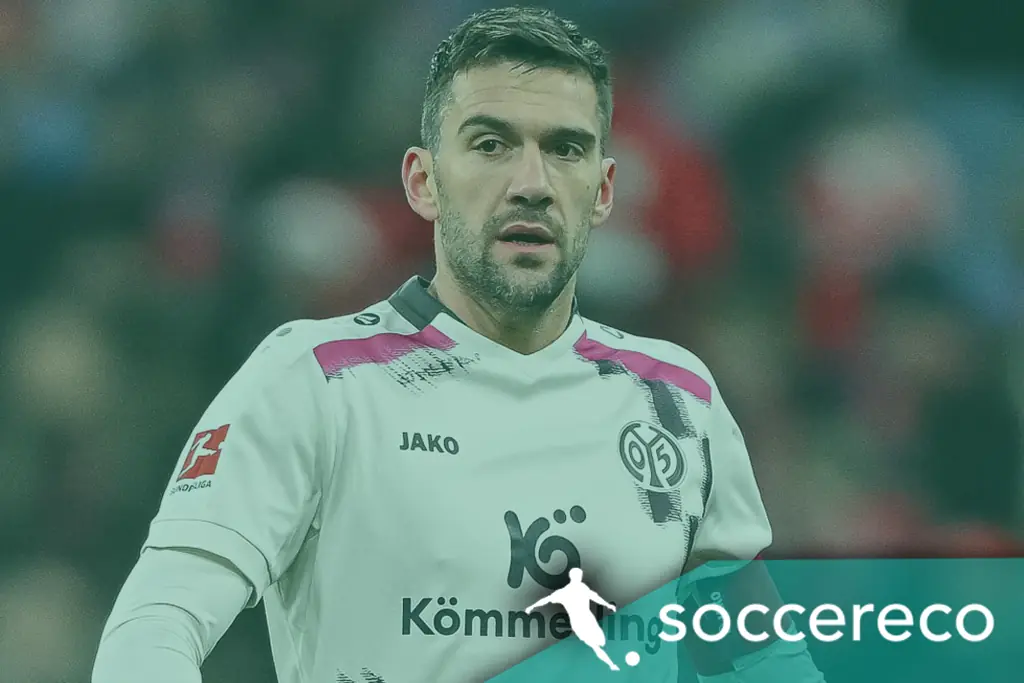Words from the former Spanish international Donato Silva, who is of Brazilian origin, who does not understand the statements made this Wednesday by the Real Madrid winger.

Donato Silva, a former Spanish international of Brazilian origin who played for prominent clubs like Atlético Madrid, Deportivo, and Vasco da Gama, expressed his disapproval of Vinícius Júnior’s recent comments about Spain.
The Real Madrid winger’s statements have stirred significant controversy, particularly within Spain, where discussions about racism in football have been ongoing.
Vinícius Júnior, a key player for Real Madrid, has been a frequent target of racist abuse in LaLiga stadiums. His experiences have been widely reported, with several incidents attracting international attention and condemnation. In an interview with CNN, Vinícius voiced his frustration and called for serious changes, stating that "if racism does not change in Spain by 2030, the World Cup should be moved elsewhere." This bold statement has sparked a broader debate about racism in Spanish football and society, and it has resonated deeply, leading to varied reactions across the country.
Donato Silva, who represented Spain in 12 matches after becoming a naturalized citizen, shared his perspective on the matter during a live broadcast on Radio Marca. Donato emphasized that while he acknowledges Vinícius Júnior’s talent and contributions on the field, he does not agree with the broad characterization of Spain as a racist country. Donato’s response reflects a sentiment held by some who believe that while racism is an issue, it is not representative of the entire nation.
Donato recalled his own experiences as a professional footballer, noting that he also faced racist taunts during his career. "When I had the ball, people would imitate a monkey, but I laughed because the other team also had players of color," he said. By sharing this anecdote, Donato highlighted a different approach to handling racism, one that contrasts with Vinícius’s more vocal stance. Donato suggested that Vinícius should focus on his performances on the pitch and try to ignore what happens off it.
The former defender also questioned why Vinícius appears to be the primary target of such abuse, asking, "Why doesn't this happen to other players on his team?" This comment hints at a belief that there may be other factors at play in Vinícius's situation, perhaps implying that his reactions or behavior might influence how he is perceived and treated.
Donato’s call for an apology from Vinícius for labeling Spain as racist reflects a desire to protect the country’s image while also addressing the issue in a way he believes is more constructive. His remarks suggest that he feels Vinícius’s comments were too generalized and may not reflect the experiences of all players or the reality of Spain as a whole.
The reaction to Donato’s comments has been mixed. Some people agree with his call for a more measured response to racism, while others believe that Vinícius’s willingness to speak out is essential for highlighting and combating racism in football. The debate over these comments continues to unfold, highlighting the complexities and sensitivities surrounding discussions of race, identity, and national reputation in sports.
Vinícius Júnior’s stance has sparked significant conversation within Spain and beyond about how to effectively address racism in football. The incidents he has faced have led to calls for stronger action from both the league and the clubs to protect players from racial abuse and to ensure a more inclusive and respectful environment in stadiums. His suggestion to potentially move the World Cup if changes are not made by 2030 underscores the urgency he feels about the need for action and accountability.
Overall, this exchange between Vinícius and Donato reflects broader tensions within football regarding racism and how best to address it. While some advocate for stronger penalties and more vocal condemnations of racism, others, like Donato, believe in focusing on the sport itself and not letting external negativity affect performance. As these conversations continue, they underscore the ongoing challenge of combating racism in sports and ensuring that football is a space where all players feel respected and valued.
Updated: 04:31, 4 Sep 2024


